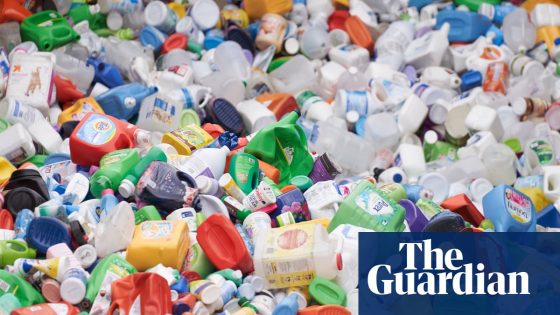Recent research highlights an innovative approach to producing painkillers sustainably. Scientists have discovered that bacteria can convert plastic waste into paracetamol, also known as acetaminophen, a common pain relief medication. This groundbreaking method, reported on June 23, 2025, could revolutionize how we address both environmental waste and healthcare needs.
- Bacteria can convert plastic waste into painkillers.
- E. coli used to create paracetamol from PET.
- Lossen rearrangement occurs in living cells.
- Genetic modifications enable conversion to paracetamol.
- Process yields up to 92% in under 24 hours.
- Potential for sustainable drug production and waste cleanup.
Using genetically modified E. coli, researchers at the University of Edinburgh have demonstrated that polyethylene terephthalate (PET), a prevalent plastic, can be transformed into essential compounds for drug production. This dual benefit—reducing plastic pollution while creating vital medications—opens new avenues for sustainable healthcare.
This research raises an important question: Could this method significantly reduce our reliance on oil-derived medications? The potential for a cleaner, greener pharmaceutical industry is promising. Here are some health recommendations to consider:
- Stay informed about sustainable healthcare practices.
- Support initiatives focused on reducing plastic waste.
- Consider the environmental impact of medications.
As we look to the future, embracing such innovative methods could lead to a healthier planet and improved health outcomes. Supporting research that merges biology and chemistry is crucial for sustainable healthcare advancements.































